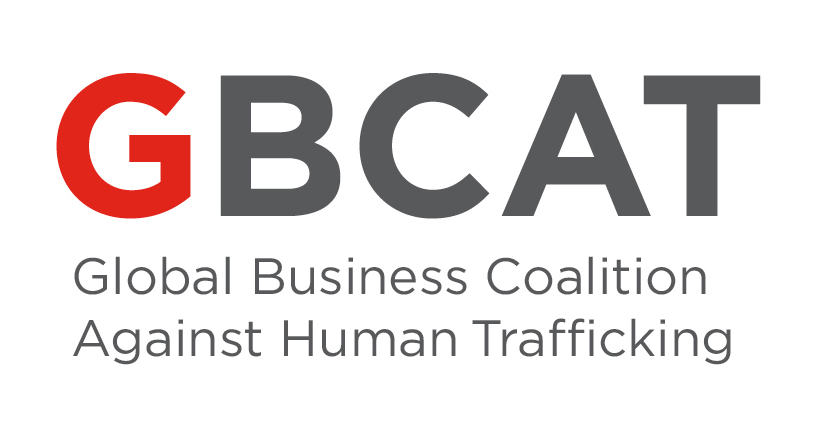It may come as a surprise to many people that slavery, forced labor, and human trafficking continue to be critical issues for business in the twenty-first century: there are over 40.3 million people globally that are victims of modern slavery today, and at least 16 million of them are being exploited in the private sector in conditions of forced labor.
Why Businesses Should Care about the Use of Forced Labor in Xinjiang
The world was shocked when reports emerged in late 2017 that several hundred thousand, now likely over one million, individuals from the Xinjiang region of China were being held in so-called political “reeducation” facilities. As more information surfaces, the reality of what is going on there couldn’t be further from educational. Instead, an unknown number of individuals may be subject to forced labor, among other abuses, simply for being a Muslim living in Xinjiang, China.
Jobs Must Be Part of the Solution to Human Trafficking
Human trafficking doesn’t just happen in faraway places like India’s brick kilns or Cambodia’s brothels. Over 8,500 victims of human trafficking cases were reported in the United States last year, according to the National Human Trafficking Hotline. There is no greater blow to human dignity than a person being forced to perform work or sex acts against their will.
Clarity, Consensus, and Corporate Action on Human Trafficking
The classic movie “Mr. Smith Goes to Washington” is about a man who speaks truth to power in the morass of national politics—even as his voice weakens. Well, another Mr. Smith is leaving Washington: Lamar Smith of Texas is retiring after three decades in Congress. His example offers lessons about what corporations, citizens, and public leaders must understand about human trafficking.
A Map to Help Business Collaborate with Anti-Slavery Organizations
Undoing Slavery: Business Coalition Tackles Unmet Needs
As a practitioner and academic specializing in global institutions and partnerships, I know first-hand that both are at their best when they articulate a clear vision of how they benefit people and of their particular comparative advantage and value add. These imperatives are especially true for collaborations in the private sector.
GBCAT Advisor Mark Lagon Quoted in CNN Article
Amb. Mark Lagon was quoted in a recent CNN article on an anti-sex-trafficking bill.
Please read the article here.
Global Business Coalition Against Human Trafficking Expands Scope and Steps Up Efforts to End Trafficking
Major global companies have renewed their commitment to the Global Business Coalition Against Human Trafficking (gBCAT) through an expanded membership and scope of work. Formed in 2010, gBCAT has provided a unique forum for business to understand how all forms of modern slavery affect their operations and supply chains, and to design effective and pragmatic solutions to combat traffickers. BSR—a global nonprofit organization dedicated to sustainable business—has been appointed secretariat of the initiative.

